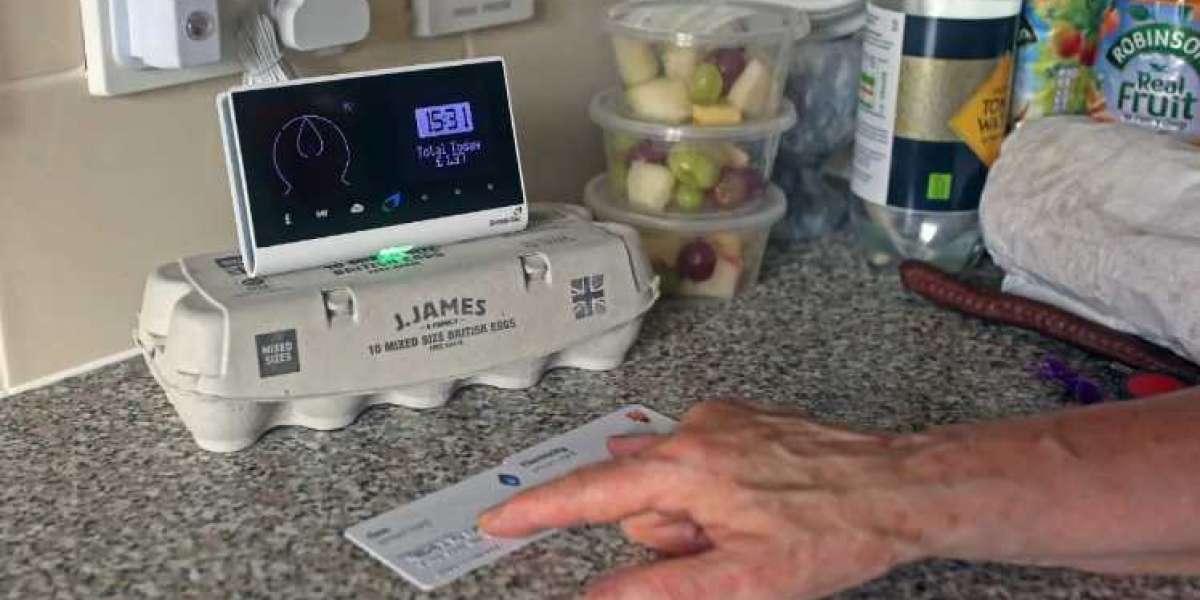Consumers are able to learn more about the energy they use on a day-to-day basis, and as a result, they are able to cut out wasteful usage and spending when smart meters are installed in place of conventional gas and electricity meters. In light of the recent spike in the cost of living as well as the cost of energy, this is of greater significance than it has ever been before.
The rollout of smart meters is "delivering more advantages to the country than it is costing," according to the government, which argues that smart meters are "underpinning" the "transition to a greener, more reliable energy system" in the United Kingdom. However, privacy advocates have expressed alarm about potential problems, and questions have been raised regarding the efficiency of the device.
Nobody looks forward to an unexpected call on the door from a meter reader, and even fewer people look forward to having to keep track of their own readings on a consistent basis. According to Compare The Market, having a smart meter "means no more scrabbling around in a cabinet with a torch while you try to check the numbers," because these handy pieces of technology calculate your energy usage and instantly communicate that information to your supplier.
According to the website, having a smart meter means that your energy provider won't have to pay someone to come out and read your meter. Because of this, "what they save in costs could be passed on to you, the consumer," which is great news.
Privacy advocates have voiced their fear that information on customers' energy consumption that is collected by smart meters could be shared with other parties without the customers' permission. Although there are rules that prevent energy providers from disclosing this information without the express agreement of the customer, the laws that determine how technology businesses can utilize data are more complicated.
According to Household Money Saving, "some individuals have expressed concerns that the meters could be hacked," which "could allow potential robbers to know when people are in or out according to their energy consumption" if the meters were hacked.
According to This Is Money, there have been no reported incidents of hacking that involved the data from smart meters up until this point. This is an important point to keep in mind.
Pro: real-time monitoring
Consumers are better able to keep track of the amount of energy they are consuming in the here and now thanks to the "in-home display" (IHD) unit that is included with smart meters. This enables homeowners to track the exact amount of resources that are being used by a specific item in their home. This might include anything from turning on the kettle to make a cup of tea to starting a cycle on the washing machine.
Consumers benefit from having this knowledge since it enables them to determine which of their home appliances are the most wasteful of energy and which are the most energy efficient. According to Loop, an app that tracks energy consumption, "Even those who are well-informed and economical savers may be clueless about what appliances are causing the most damage to their energy bills." [Citation needed]
"you are likely to be able to prioritise your energy use and cut back on the greatest power-drainers" once you have learned which appliances are costing you the most money. Once you have this knowledge, you can cut back on your overall energy consumption.
The disadvantage of utilizing an IHD Unit is that some people find that they check the monitor far too frequently in order to keep track of the amount of energy that their home is consuming at any given time. Susan, 71 years old, was quoted in the Express as saying, "I used to just pay monthly, but now I'm constantly looking at it."
This kind of constant monitoring can lead to fights within the family, where there is stress every time someone boils a kettle or blow-dries their hair, for example. Anna May Mangan described her husband in an article for the Daily Mail as having "turned into a smart meter Scrooge." The children are under the impression that their father is experiencing some kind of midlife madness. They find it hard to understand that their jovial and laid-back father could have evolved into an energy extremist, and they feel sorry for me that I have to put up with it.
In the event that you neglect to submit a reading for your traditional meter, your energy provider will estimate your consumption by looking at previous invoices. According to a report published on the website for environmentally friendly technology known as The Switch, these predictions are notoriously wrong, which might result in an unexpectedly high charge when your tariff expires.
A smart meter, on the other hand, will provide your energy provider with a reading that is precise and up-to-date regarding your actual consumption of energy on a half-hourly, daily, or monthly basis. This ensures that you will only be charged for the resources that you actually employ, allowing you to plan your finances with greater confidence.
Con: challenges involved with switching providers
At the moment, there are two distinct varieties of smart meters available for purchase: SMETS1 and SMETS2. It is possible that if you have a first-generation SMETS1 smart meter installed, it will lose its functionality when you move suppliers. This will need you to read your meter by hand, as it will no longer be done automatically.
On the other hand, as stated by the consumer rights journal Which?, "second-generation smart meters should not lose their smart functions when you switch because they are connected to the central wireless network which all energy suppliers should be a




Wisdom Nnebi 1 w
Alright